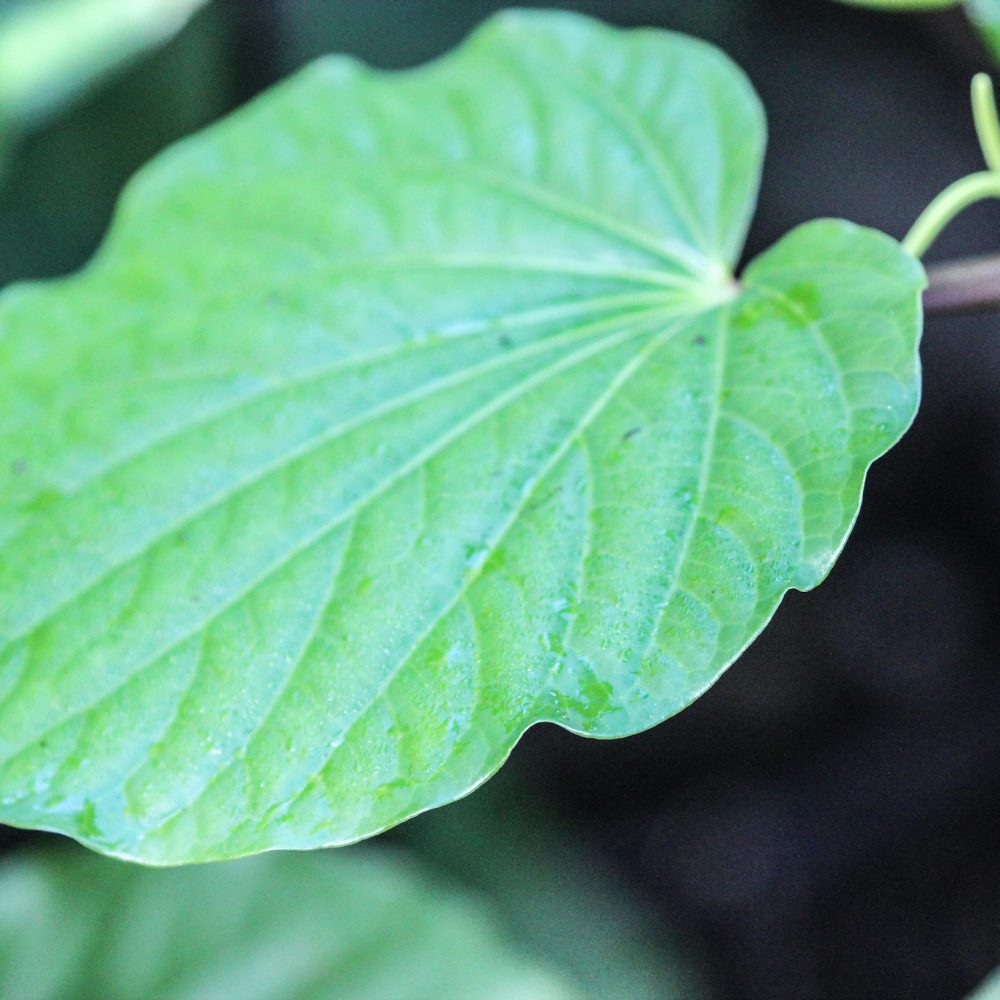
Kava, also known as kava-kava, is a plant native to the South Pacific islands and is traditionally used for its sedative and calming properties. The root of the kava plant is ground into a paste, which is then mixed with water to make a beverage that is consumed for its relaxing effects.
The duration of kava effects can vary depending on a number of factors, including the dosage, quality of kava, user’s tolerance, and mode of consumption. In this article, we will explore the factors that influence the duration of kava effects and provide an average estimate of how long the effects of kava last. Additionally, we will discuss the long-term effects of kava use and the importance of moderation and responsibility in kava consumption.
What Is Kava?
Kava is a tropical plant native to the South Pacific islands that are traditionally used for its sedative and anxiolytic effects. The root and stems of the kava plant are used to make a beverage that is consumed for its calming properties. Kava contains compounds known as kavalactones, which are responsible for their effects on the body and mind. Kava is used as a natural remedy for anxiety, stress, and insomnia, among other conditions.
Factors Affecting The Duration Of Kava Effects
There are several factors that can impact the duration of kava effects:
- Dosage: The amount of kava consumed can greatly influence the duration of its products. Generally, higher doses of kava result in longer-lasting effects, while lower doses may produce shorter-lived effects.
- Quality of Kava: The quality of kava can also play a role in determining the duration of its effects. High-quality kava is more likely to produce longer-lasting effects compared to lower-quality kava.
- User’s Tolerance: Regular kava use can lead to the development of tolerance, which can result in decreased effects over time. This means that users who have developed a tolerance to kava may need to consume higher doses in order to experience the same effects.
- Mode of Consumption: The way in which kava is consumed can also affect the duration of its effects. For example, kava consumed in capsule form may have longer-lasting results than kava consumed as a beverage.
How Long Does Kava Effects Last?

Kava impacts can last for a variety of times, but typically, they begin to manifest within 15 to 30 minutes of intake and climax between 60 and 90 minutes later. Depending on the dose, kava quality, individual tolerance, and method of intake, the impact of kava can last anywhere between 2 and 6 hours. The length of kava impacts can differ from person to person and may be affected by unique variables like body weight, age, and general health. This is essential to keep in mind. It is always advised to begin with small amounts.
Long-Term Effects of Kava Use
Long-term kava use can result in a number of effects, both positive and negative.
Regular Kava Use And Tolerance
Regular kava use can lead to tolerance, which can lead to decreased effects over time. To experience the same effects, users may need to consume higher doses.
Risks And Side-Effects Of Long-Term Kava Use
Long-term kava use can also result in a number of risks and side effects, including liver toxicity, skin reactions, and a decrease in cognitive function. Long-term kava use has been associated with liver failure and death in severe cases.
It is important to note that kava should be consumed in moderation and under the supervision of a healthcare professional. Regular use of high doses of kava can lead to serious health problems, and kava should not be consumed by individuals with liver disease or by women who are pregnant or breastfeeding.
Factors That Can Shorten Kava Effects
Factors that can shorten include:
- Low-quality kava or incorrect dosage
- Mixing kava with alcohol or other substances
- Consuming kava on a full stomach
- Inconsistent consumption habits
- Individual tolerance levels
- Pre-existing health conditions or medication interactions.
FAQs
Conclusion
Kava is a traditional plant used for its calming and sedative effects, with an average duration of 2-6 hours. Long-term kava use can lead to tolerance, liver toxicity, skin reactions, and a decrease in cognitive function. It is important to be aware of the risks and consume kava in moderation and under the supervision of a healthcare professional. Kava should not be consumed by individuals with liver disease or pregnant or breastfeeding.

Beth is Cloudmineinc’s senior health editor and a certified personal trainer. She has over 10 years experience as a science journalist and is the author of two books. She deadlifts over 315 lbs.